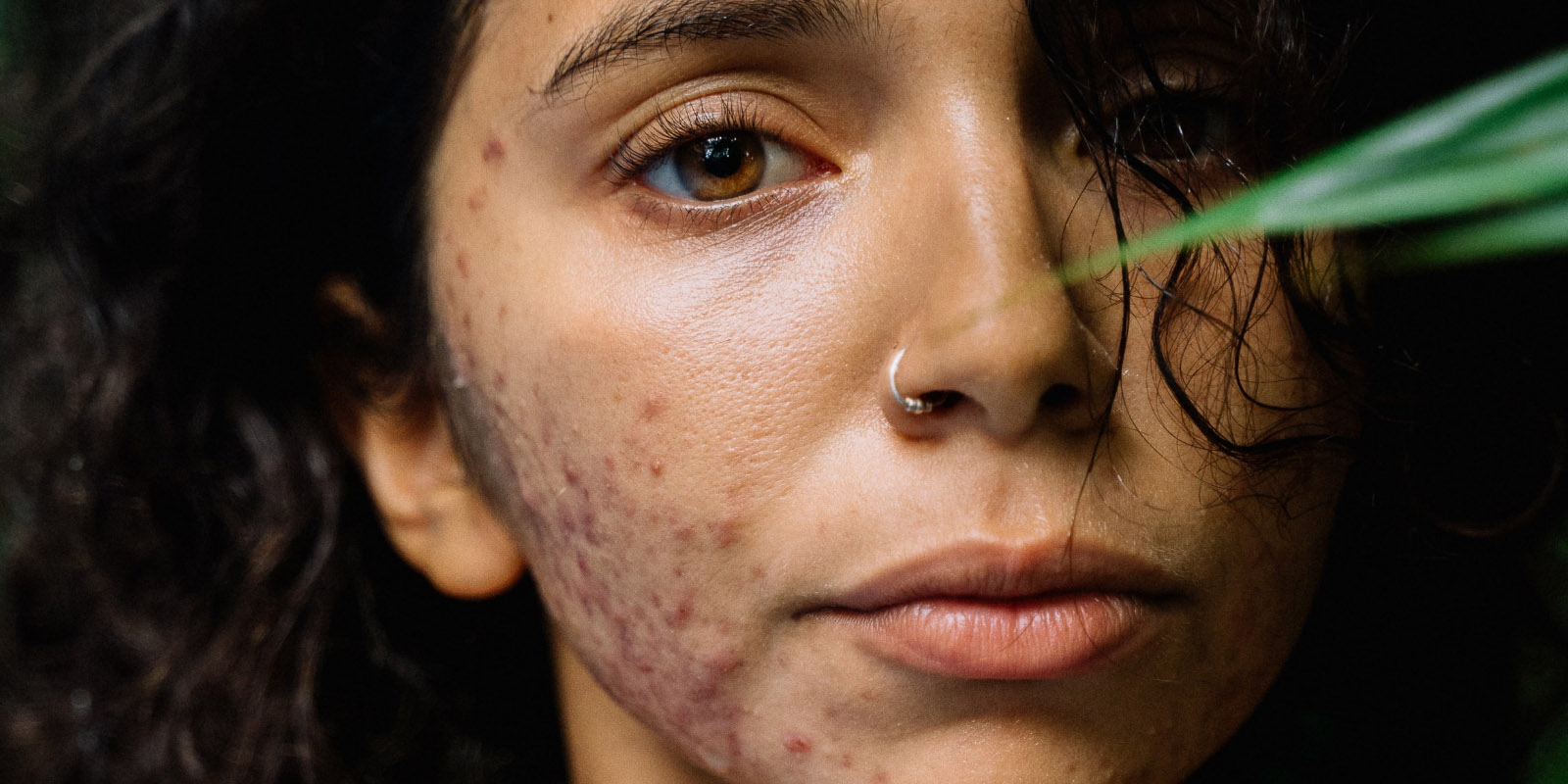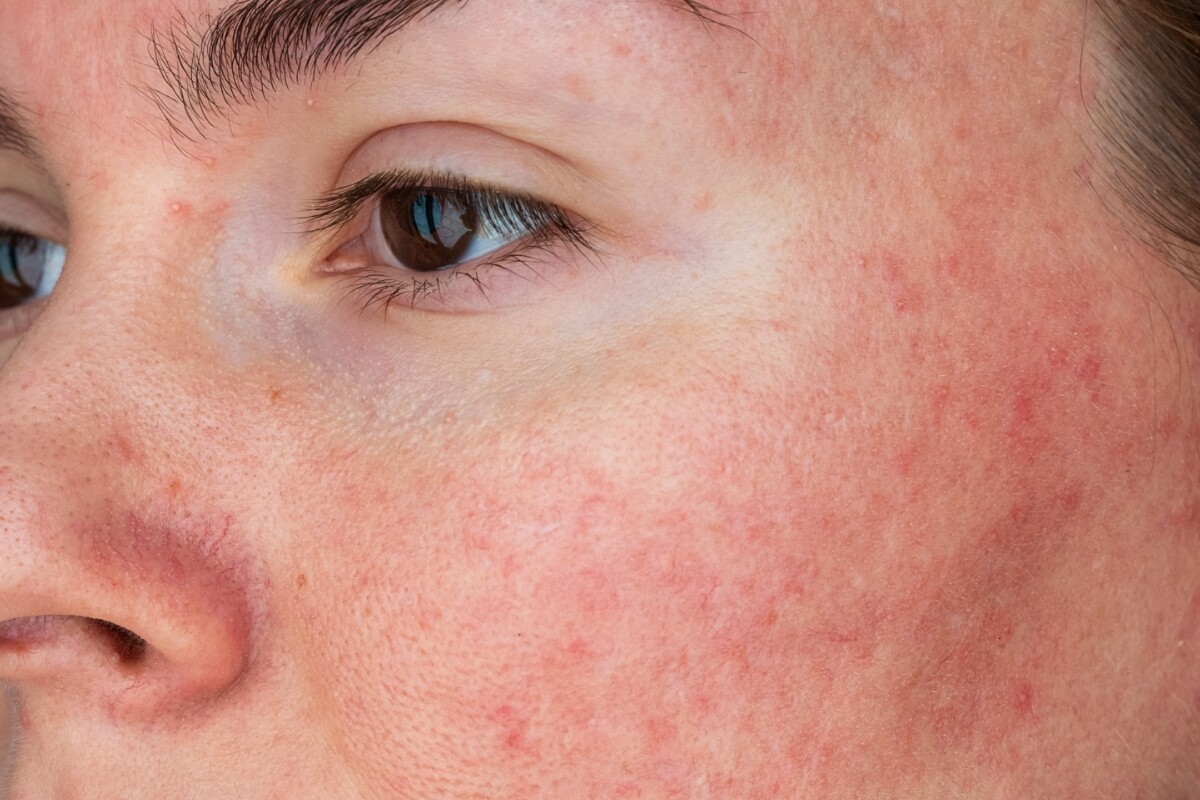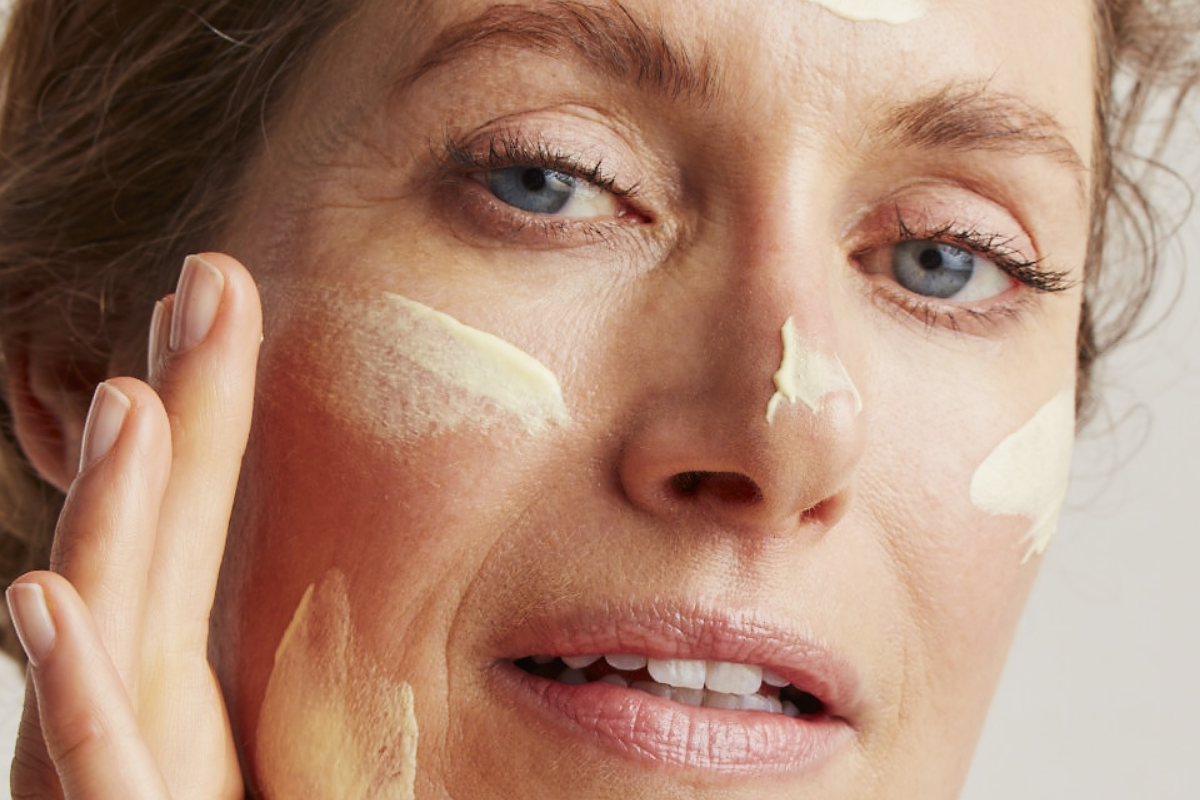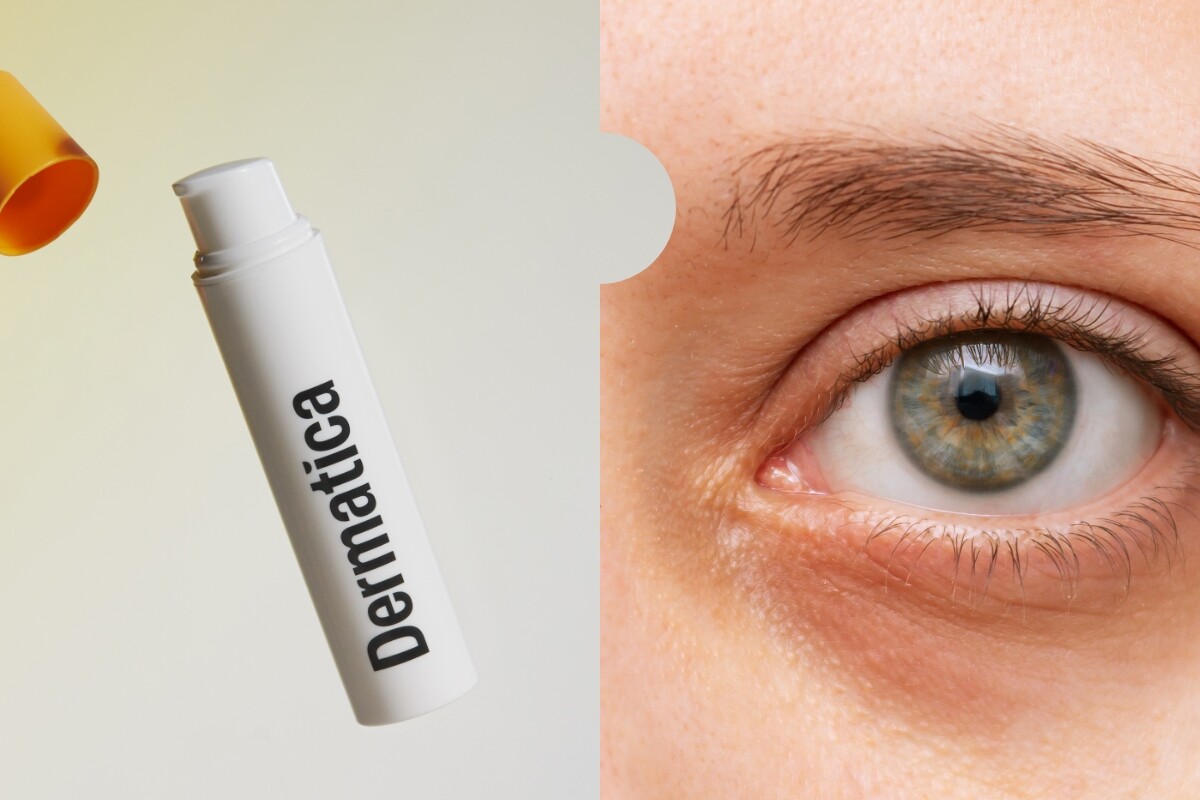Disclaimer
This article is not intended to provide professional mental health advice. If you have a skin condition and are struggling with depression, stress, or anxiety, it’s crucial you seek support from mental health professionals who can provide treatments and strategies to manage it effectively.
Though chronic skin conditions like acne, rosacea and melasma are physical, they can, in many cases, affect your mental health too.(1) In fact, a 2020 survey conducted by the UK government found that 98% of skin disease patients surveyed said their condition affects their emotional and psychological wellbeing. But only 18% have had some form of support for it.(2)
How your skin can affect your mental health
If you’re frustrated by a chronic skin condition, you’re not alone. Knowing what you’re feeling and why is often the first step toward getting help and feeling better.
Low self-esteem
Chronic skin conditions like acne, eczema and melasma can be difficult to live with. In a society that idealises physical appearance, a visible skin condition may make us feel less confident and more self-conscious about how we look. (3)
While feeling self-conscious is understandable, there are ways to boost your self-confidence and self-image:
Focus on self-care: Do activities that make you feel good, like exercising, journaling or eating well.
Confide in trusted friends and family: They can remind you of your worth. Join support groups to find community. You can find a list of patient support groups here.
Consult a therapist: If you can afford it, cognitive behavioural therapy can help build coping skills and a more positive self-image.
Social Anxiety & Isolation
A recent study showed a strong correlation between chronic skin conditions and anxiety. For example, people with eczema were found to be 13.6% more likely to have anxiety compared to the general population.
You might try to avoid social situations, especially ones with lots of people, like school, work, or parties, because you worry about people judging you. It may affect relationships and worrying about stigmatisation or discrimination can sometimes lead to feelings of isolation, shame, loneliness and in extreme cases even suicidal thoughts.
Here are some practical tips focussed on helping deal with social anxiety and isolation:
Make an appointment with your dermatologist/GP: They can give guidance, resources, and referrals.
Create an anxiety management plan with your doctor: These include lifestyle changes like meditation, exercise, and journaling about anxious thoughts
See if your dermatologist/GP offers support groups or classes: Connecting with others experiencing skin anxiety can help you build connections and feel less alone.
Depression
If your skin is making you feel hopeless, sad, or worthless, you may be suffering from depression. Whether it’s feelings of hopelessness, or even physical pain, these feelings can make some people ignore or give up on their skincare routine. Especially if your skin doesn’t get better, or gets worse despite trying to treat it. (5)
Obsessive Behaviour
Do you find you’re picking at your skin more often than before, or always looking for new skin treatments? (6) When this becomes repetitive and draining it could be a sign that it’s becoming obsessive and negatively affecting your mental wellbeing.
Body Dysmorphic Disorder (BDD)
In severe cases, conditions like acne can trigger Body Dysmorphic Disorder or make it worse. BDD is an obsessive focus on perceived flaws or defects in how you look. People with BDD may excessively check their skin, be harsh on themselves or see their condition as worse than others do. (7)
Can Feeling Depressed, Stressed Or Anxious Make Your Skin Worse?
Although stress from depression and anxiety doesn’t cause chronic skin conditions directly, it can trigger flare-ups or breakouts. The stress hormone cortisol can increase sebum (oil) production, which can clog pores and cause acne breakouts. Stress also impairs our immune response and inflammation control, making our skin more vulnerable to bacteria and allergens. This can lead to a cycle: the stress causes the flare-up, the flare-up causes more stress, and so on. Chronic skin conditions can also be a financial burden and can contribute to stress, anxiety and depression too, especially if you need to see a doctor or dermatologist privately. (8)
If you need help, there are resources available that can help you.
Finding the right support
For a lot of people we speak to at Dermatica, mental health challenges are as much of a struggle as skin-related ones – but there is help available. Counselling and cognitive-behavioural therapy (CBT) are the most popular therapies for this. They can support you with reframing unhelpful thoughts, tackling your worries and show you how to develop healthy coping strategies.
Conclusion
Chronic skin conditions can take an emotional toll. So try to be kind to yourself, and reach out for help and resources when you need it. Remember, your skin may show your condition, but it certainly doesn’t define your identity or your worth.
If you have a skin condition like acne, rosacea, melasma or pigmentation – we’ll be here for you as much as we can. We can’t provide mental health support, but if cosmetic skincare isn’t working – and seeing a dermatologist privately is too expensive – you might want to think about starting a consultation with us today. We can tailor a personalised treatment plan and prescription formula specifically for your skin, entirely online, for just £24.99 a month.
References
1. Lavda AC, Webb TL and Thompson AR (2012) A meta-analysis of the effectiveness of psychological interventions for adults with skin conditions. British Journal of Dermatology, 167(5), pp.970-979.
2. All-Party Parliamentary Group on Skin MENTAL HEALTH AND SKIN DISEASE A REPORT OF THE ALL-PARTY PARLIAMENTARY GROUP ON SKIN London 2020 [Internet]. Available from: https://www.appgs.co.uk/publication/view/mental-health-and-skin-disease-2020/
3. Dalgard FJ, Gieler U, Tomas-Aragones L, Lien L, Poot F, Jemec GB, Misery L, Szabo C, Linder D, Sampogna F and Evers AW (2015) The psychological burden of skin diseases: a cross-sectional multicenter study among dermatological out-patients in 13 European countries. Journal of Investigative Dermatology, 135(4), pp.984-991.
4. Kanji A (2019) Perspective on Living With a Skin Condition and its Psychological Impact: A Survey. Journal of Patient Experience, 6(1), pp.68-71.
5. Clarke E, Thompson AR and Norman P (2020). Depression in People with Skin Conditions: The Effects of Disgust and Self-Compassion. British Journal of Health Psychology.
6. What is Skin Picking Disorder? [Internet]. International OCD Foundation. [cited 2023 Oct 4]. Available from: https://iocdf.org/about-ocd/related-disorders/skin-picking-disorder/#:~:text=Skin%20picking%20disorder%20is%20currently
7. Bewley AP, Affleck A, Bundy C, Higgins, E, McBride S, Millard L and Taylor R (2012) Working party report on minimum standards for psycho-dermatology services. British Association of Dermatologists, London.
8. Apa.org. 2022. Available from: https://www.apa.org/monitor/2015/02/cover-skin#:~:text=In%20a%20vicious%20circle%2C%20stress
Ash Sharma
Dr Ashwin Sharma is a medical doctor and writer with a particular interest in health technology, artificial intelligence and medical weight loss. He completed his training at the University of Leicester and Imperial College London, and has since been exploring the intersections of medicine, technology, and communication.
Dr Catriona Maybury
Dr Catriona Maybury is a Consultant Dermatologist, working as Medical Lead for Dermatica and at St George’s Hospital in London. Catriona completed her specialty training at St John’s Institute of Dermatology in London. Catriona has a special interest in medical dermatology, completing a PhD in liver fibrosis amongst psoriasis patients at King’s College London. Catriona is a certified coach and worked as Dermatology Section Editor for the British Medical Journal.





